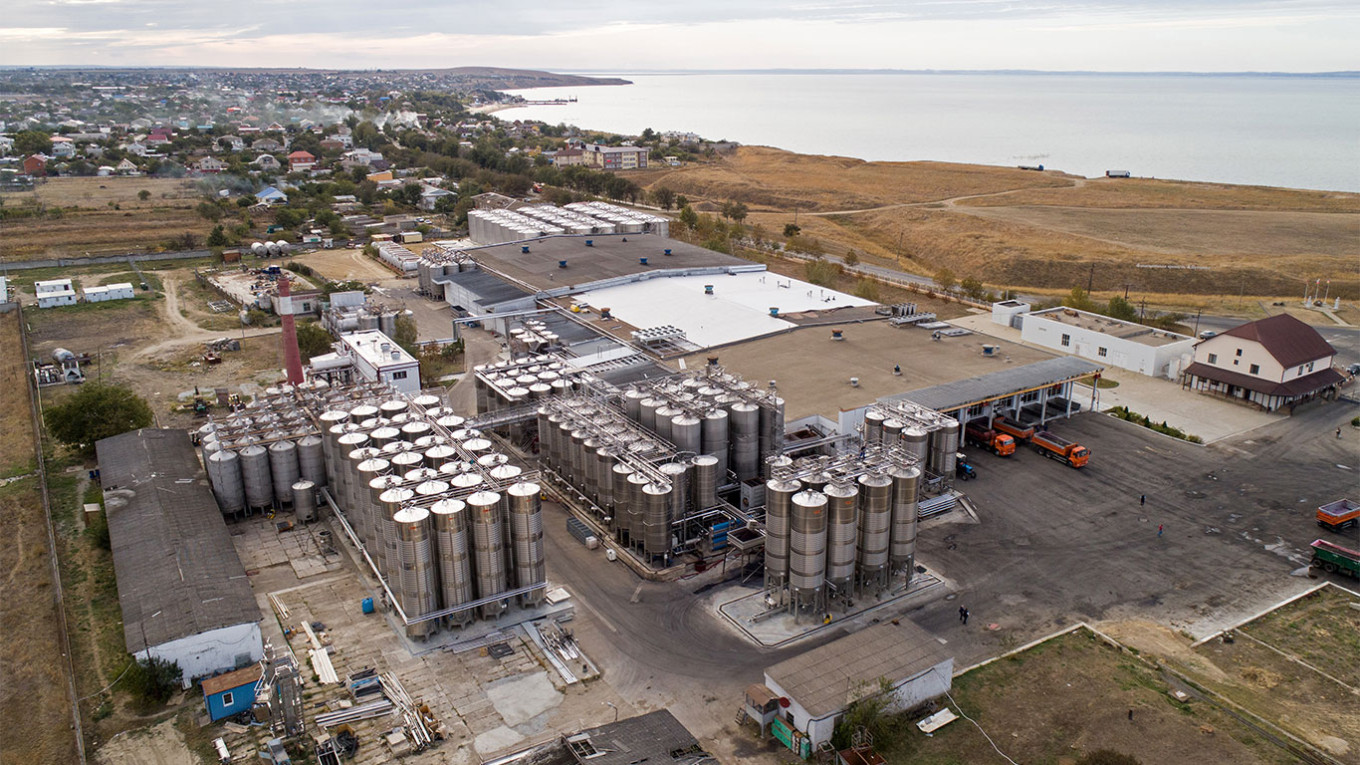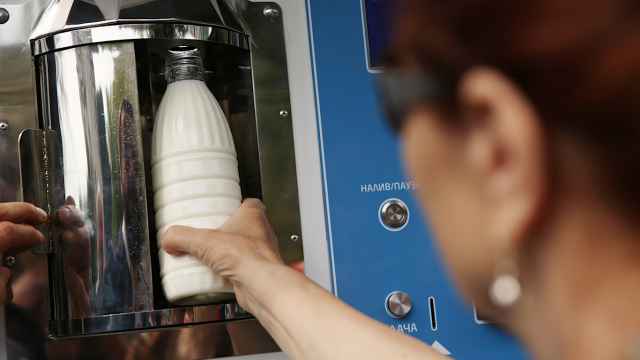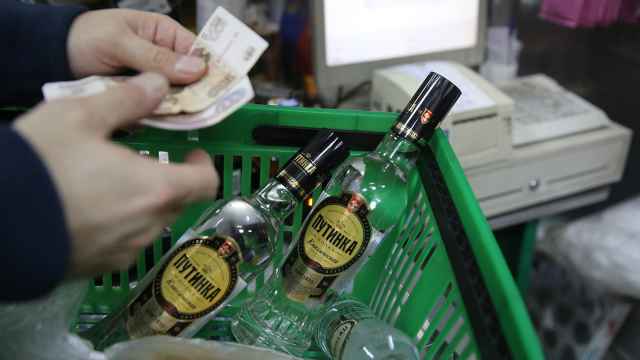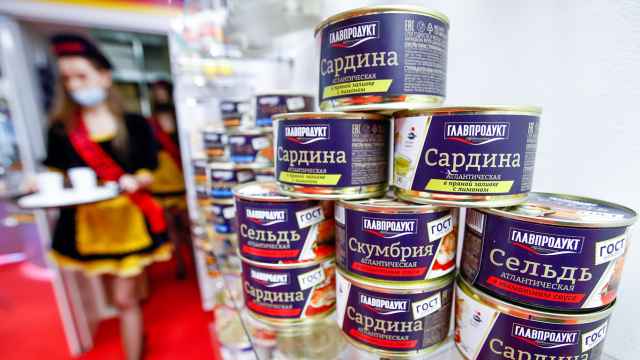Russia has nationalized the country’s largest winemaker linked to an arrested billionaire whose business assets were confiscated earlier this year, the RBC news website reported Thursday, citing the tax service’s corporate database.
Kuban Vino, which produced 95.5 million bottles of wine in 2023, was reportedly one of four nationalized wine and food companies that were previously owned by the Chelyabinsk-based agricultural holding Ariant.
According to RBC, the Chelyabinsk region’s arbitration court ruled to transfer Ariant's assets to the Russian state on April 5. The outlet said corporate data showed the ownership change taking place five days later.
Ariant was founded in the 1990s by partners Alexander Aristov and Yury Antipov, the latter of whom was arrested in February on accusations of undermining national interests by fraudulently transferring assets to countries that are “unfriendly” toward Russia.
The Russian government subsequently seized Antipov’s steel plants — which authorities claim work closely with defense contractors — in the Chelyabinsk region, arguing that they were illegally privatized after the collapse of the U.S.S.R.
Antipov’s nationalized plants had been part of Ariant until the partners decided to split ownership into metallurgical and agro-industrial holdings in 2020, according to RBC.
While Ariant’s agricultural assets were not part of the post-Soviet privatizations, RBC reports that the Chelyabinsk region arbitration court still ruled to seize them as part of the fraud case against Antipov.
Ariant challenged that ruling with Russia’s Supreme Court, accusing the arbitration court of holding an atypically short hearing and showing preferential treatment toward the prosecution.
Russia’s top prosecutor boasted last month that the government had seized 15 defense companies valued at $3.6 billion since 2023. After Moscow launched its full-scale invasion of neighboring Ukraine, Russian authorities have sought to nationalize key assets in the country’s defense industry in a bid to command greater control over ramped-up military production.
President Vladimir Putin has denied that Russia is witnessing concerted efforts to re-nationalize key parts of the economy.
A Message from The Moscow Times:
Dear readers,
We are facing unprecedented challenges. Russia's Prosecutor General's Office has designated The Moscow Times as an "undesirable" organization, criminalizing our work and putting our staff at risk of prosecution. This follows our earlier unjust labeling as a "foreign agent."
These actions are direct attempts to silence independent journalism in Russia. The authorities claim our work "discredits the decisions of the Russian leadership." We see things differently: we strive to provide accurate, unbiased reporting on Russia.
We, the journalists of The Moscow Times, refuse to be silenced. But to continue our work, we need your help.
Your support, no matter how small, makes a world of difference. If you can, please support us monthly starting from just $2. It's quick to set up, and every contribution makes a significant impact.
By supporting The Moscow Times, you're defending open, independent journalism in the face of repression. Thank you for standing with us.
Remind me later.






